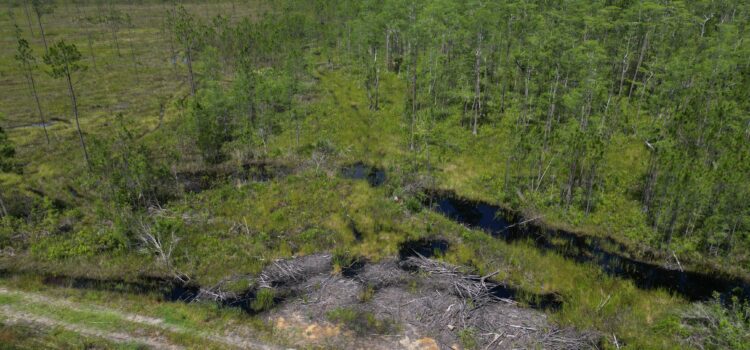Seminole County is making significant progress towards implementing a land conservation program. During a meeting on Tuesday, the Seminole commissioners agreed to proceed with establishing a countywide initiative aimed at acquiring environmentally sensitive natural lands for conservation purposes and passive recreation. This program would safeguard open areas from sprawling developments.
Commissioner Lee Constantine expressed support for the proposed initiative, known as Seminole Forever, emphasizing that if implemented, Seminole County would be the first in the state to undertake such an endeavor. Constantine acknowledged the vital importance of conservation lands to the community and assured citizens that there would be no additional taxes imposed on them to fund this program.
Under Seminole Forever, the county would establish a seven-member advisory committee responsible for recommending lands to be purchased for conservation or passive recreation. The committee would also devise maintenance and operations plans for the acquired lands. Additionally, the program would allow the purchase of lands to protect waterways, wetlands, and potentially accommodate hunting as a form of passive recreation.
Commissioner Jay Zembower suggested that hunting opportunities should be considered, as hunters and fishermen contribute as taxpayers and are known for their conservation efforts. However, the current hunting ban on county-owned lands received support from the other commissioners, indicating their disagreement with overturning the ban.
Zembower also proposed using Seminole Forever funds to purchase land for farming and agriculture, including community gardens. However, Commission Chair Amy Lockhart expressed concerns about the potential environmental impact of farming activities such as pesticide and fertilizer usage.
Paul Owens, the president of 1000 Friends of Florida, a nonprofit advocating for smart growth, urged the commissioners to promptly launch Seminole Forever, emphasizing its significance as a new paradigm for the state. He warned that delaying the program could result in permanent land loss, particularly considering Florida’s rapid population growth.
Owens and others suggested that the county’s annual contribution to Seminole Forever should be increased to 6% of its non-ad-valorem revenue, amounting to approximately $3.5 million based on the current budget. However, a resident named Bill Hyde expressed concerns about the impact on tax revenue when land is removed from the tax rolls, urging the commissioners to carefully consider the implications.
Joe Humphreys, another resident, disagreed with Hyde and emphasized the great opportunity Seminole County has to preserve undeveloped land. He highlighted that urban sprawl does not generate sufficient revenue to cover its costs.
It is worth noting that while eight Florida counties have passed referendums to establish or maintain local land conservation programs through tax increases, Seminole County would be unique in funding its initiative through the general fund instead of relying on a tax hike, according to Commissioner Constantine. He also pointed out that properties near conservation areas tend to experience increased value for homes and businesses.
Commissioner Constantine expressed his excitement about the progress being made and assured the community that the steps being taken would ensure a high quality of life for Seminole County residents, which they rightfully deserve and cherish.








